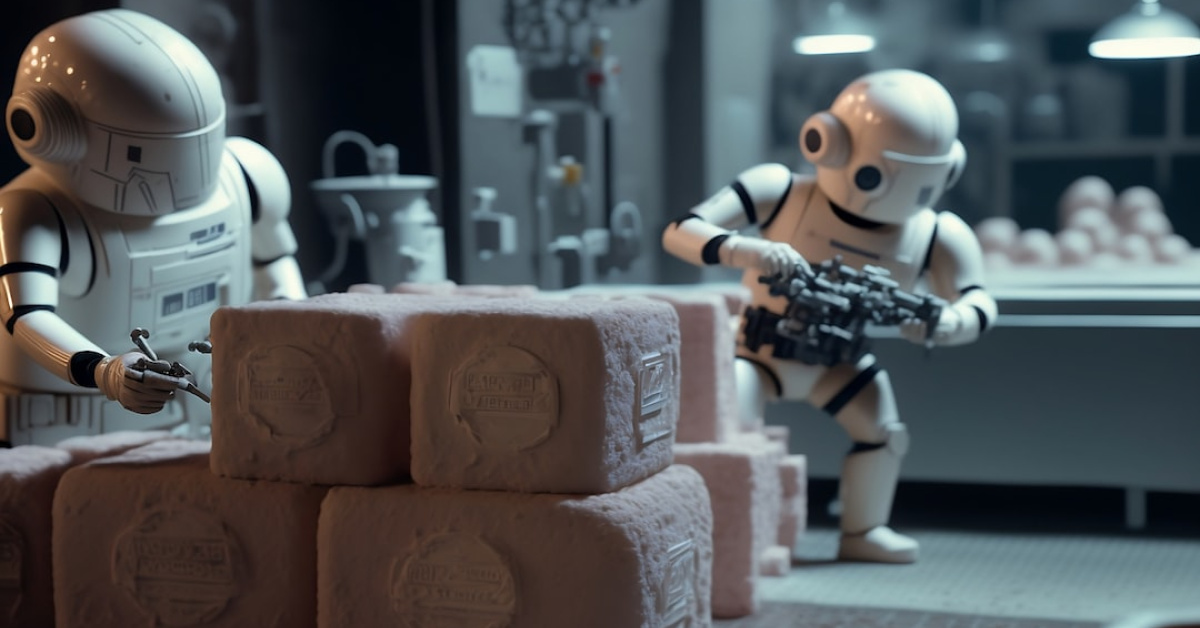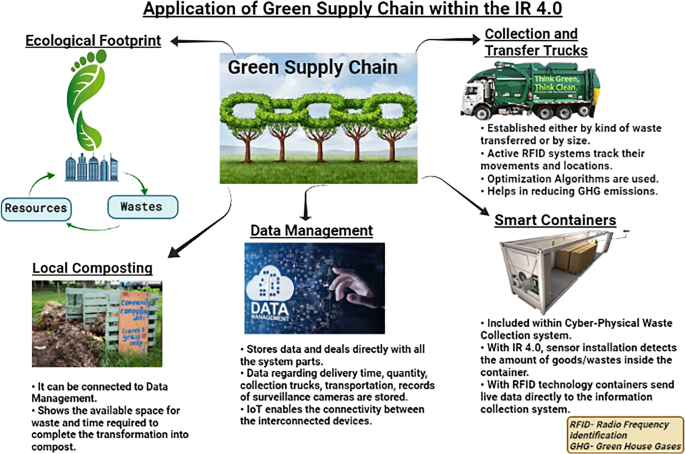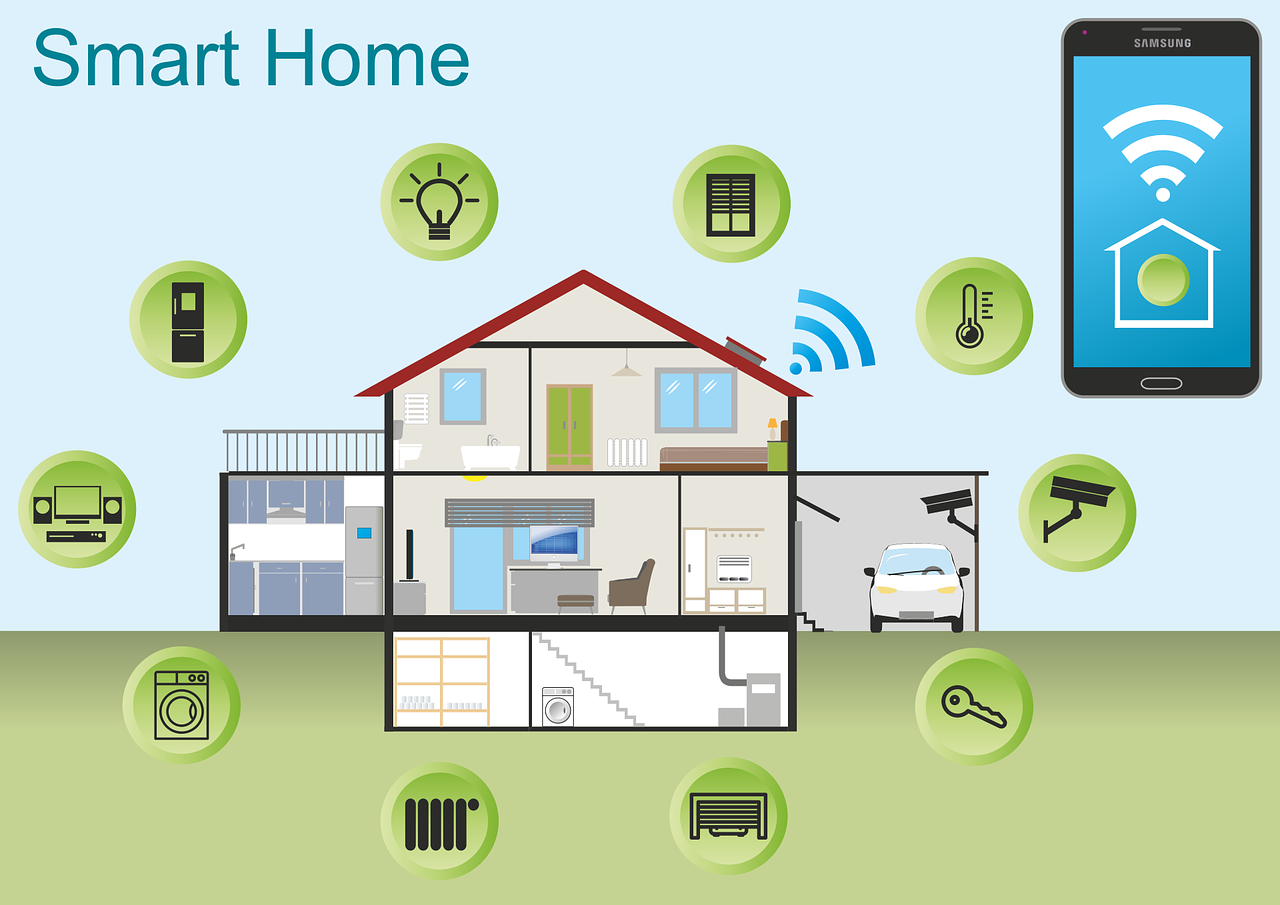Robotics has evolved significantly over the years, and the advancements made have been nothing short of astounding. From its humble beginnings as a concept to the present day, robots have come a long way in terms of capabilities and complexity. In this article, we’ll explore the evolution of robotics from the past to the present.
The earliest known instances of robotics were in ancient Greek mythology, where mythical beings such as Talos and Hephaestus’ robots were created. During the Middle Ages, inventors developed automatons – mechanical devices capable of performing simple tasks. The first unmanned vehicle, a steam-powered boat, was invented by Leonardo da Vinci in the 15th century.
Fast forward to the 20th century, robotics underwent significant transformations due to the rapid advancement of technology. The first programmable computer was invented in 1936, paving the way for the development of robots capable of computing complex algorithms. In 1954, George C. Devol invented the first programmable robot, Unimate, which was used in the manufacturing industry.
In the following years, robots became more versatile and useful, and the world witnessed the first industrial robot with computer control in 1969. In the 1970s, robotics technology advanced, and robots started incorporating sensory feedback and the ability to navigate their environments.
In the 1980s and 1990s, robots became more powerful, and research in the field of artificial intelligence began to gain momentum. In 1997, IBM’s Deep Blue defeated the world chess champion, Garry Kasparov, in a head-to-head match. This marked the beginning of a new era in artificial intelligence, and robots were now capable of performing complex tasks.
Fast forward to the present day, robotics has revolutionized several industries, from manufacturing to medicine, transportation to agriculture. Robots can perform repetitive, dangerous, and challenging tasks with ease, and their efficiency has proven to be invaluable.
In conclusion, the evolution of robotics from the past to present has been remarkable. We’ve come a long way since the ancient Greeks’ mythical robots, and there is no doubt that we will continue to witness advancements in the field of robotics as technology continues to grow. Robotics has significantly impacted several industries, improving efficiency, precision, and productivity. It will be exciting to see what the future holds for this groundbreaking technology.











